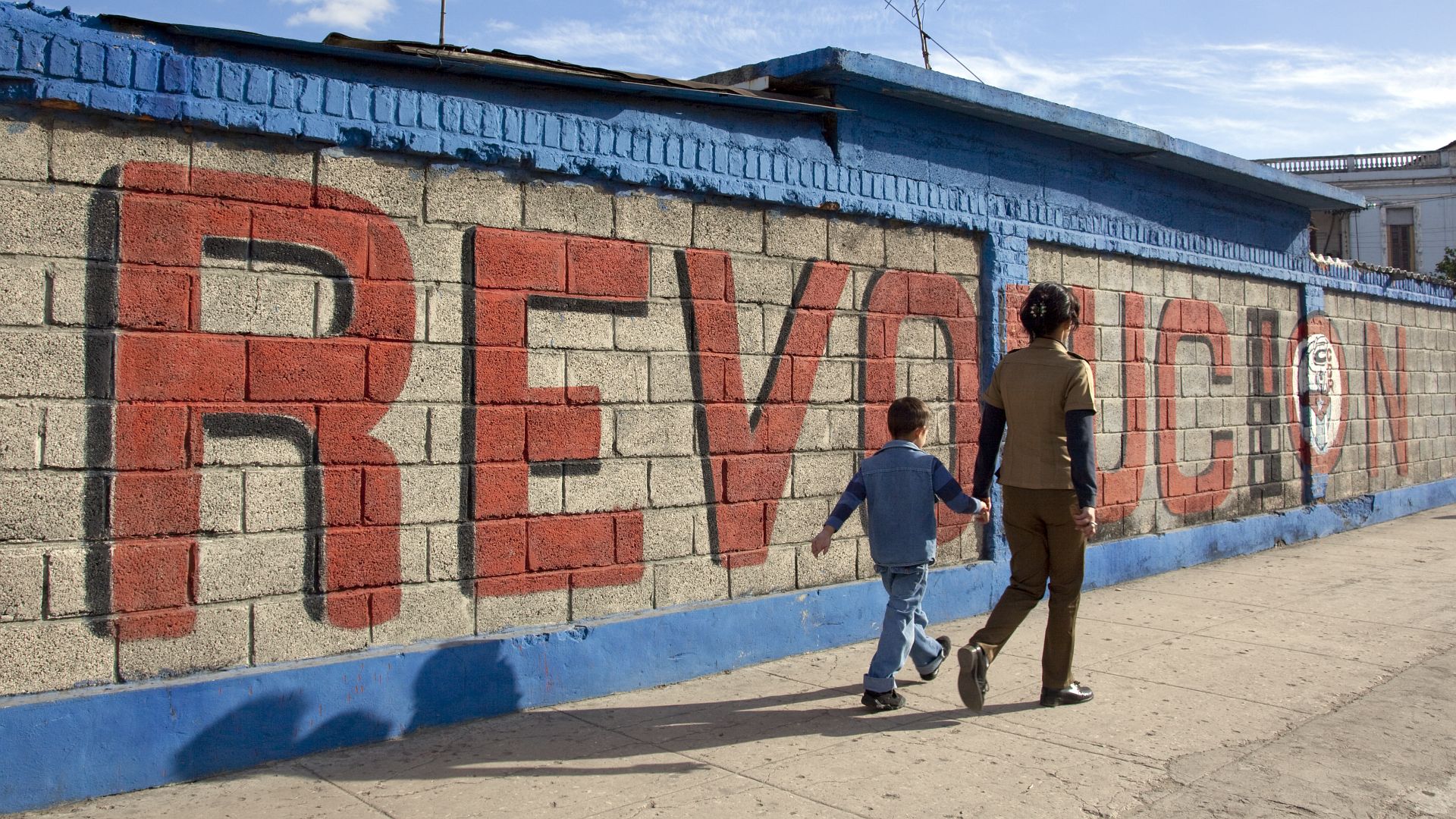Living and Surviving in Cuba
Voices from a country facing the ultimate test

When people talk about Cuba, most of the time the discussion remains polarized between two positions. One is hard-pressed to find much nuance, let alone critical solidarity with the situation on the ground — although precisely that is what the situation requires. The three reports presented here refrain from taking a “side”, but instead explore facets of everyday life on the island in late 2022, covering the general economic situation, difficulties with the energy supply, and emigration.
The Republic of Cuba is going through an extremely complex situation, perhaps the most difficult since the victory of the revolution in 1959 and subsequent implementation of a profound transformation aimed at establishing social justice and equality. Over the past 64 years, the country has had to overcome a variety of challenges, from a botched direct invasion, unceasing hostility, external funding for terrorist cells, assassinations, ongoing economic warfare, isolation, and a blockade led by the United States government and Cuban exile circles in the US. The embargo of Cuba, imposed by the US in 1960 in violation of international law, has been tightened more and more in recent years.
With the fall of the Berlin Wall and the collapse of the Soviet Union and the socialist Eastern Bloc, Cuba lost not only political but above all economic support. As a consequence of this development, the Cuban government increasingly relied on tourism — one of the economic sectors most affected by the COVID-19 pandemic and the restrictions that accompanied it, leading to dramatic losses to the state budget. It is thus all the more impressive that the country managed to develop and produce its own vaccines and effectively protect its population.
Just as the economic situation aggravated by the pandemic was coming to a head, US President Trump imposed a myriad of additional sanctions on Cuba and placed the country on the US list of state sponsors of terrorism just days before leaving office. This move entailed a series of devastating effects on trade, the economy, and financial transactions.
The country currently suffers from widespread shortages of food, hygiene products, medicines and medical supplies, fuel, and building materials. For the people of Cuba, this means not only standing in long queues, but also having to organize themselves day after day in search of the most basic necessities.
The rising numbers of people leaving the country are a product of these factors. Today, emigration has a different face: it is not primarily dissidents who are turning their backs on Cuba, but rather young, well-educated people who no longer see any prospects of realizing their personal aspirations and life goals.
A number of protests have erupted in this period, during which parts of the population also took to the streets to express their discontent. The protesters’ legitimate demands must be recognized, and the state’s reaction deserves critical reappraisal. At the same time, it must be acknowledged that political circles and the Cuban diaspora in the US, as well as political opponents in the country, once again exploited these situations to further weaken the Cuban government.
Our aim is to amplify the voices of individual Cubans to provide insights into the realities of life in Cuba. They by no means reflect everyday life for everyone on the island, but undoubtedly for the majority. “The Story of an Egg” describes the extremely difficult food supply situation using concrete examples. “Light and Darkness in Cuba” deals with the effects of the country’s struggling power grid, especially in the provinces, but also describes how the Cuban government continues to subsidize electricity prices so as not to place an additional burden on households. “I’m Taking the Volcanoes Route” is a very personal account of the motives and routes of Cuban emigrants today.
Our aim is not only to make readers aware of the enormous challenges that most Cubans face on a daily basis. We also seek to highlight the opportunities and advantages that a system like Cuba’s has developed for its people. We also hope that these insights will contribute to critical reflection, based on an acknowledgement of the revolution’s successes and the Cuban government’s aspiration to further develop the revolutionary project.